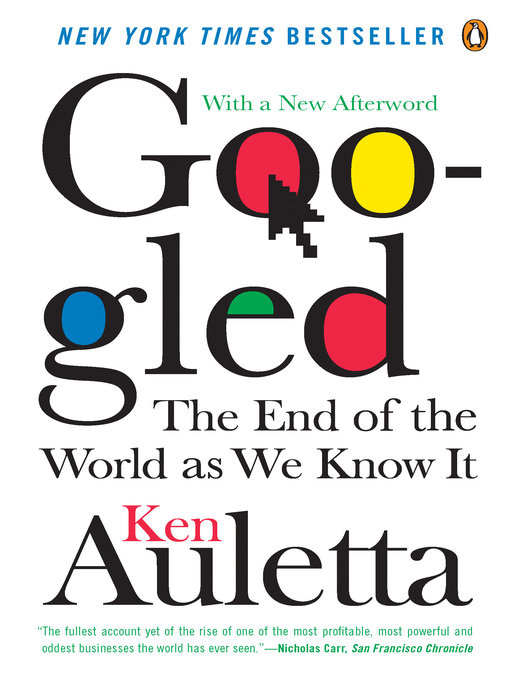- No wait, no problems
- What's new?
- Popular titles
- Check these out!
- I love my friends!
- Dark Academia
- See all ebooks collections
- No wait, no problems
- What's new?
- Popular titles
- I love my friends!
- Check these out!
- Dark Academia
- See all audiobooks collections

